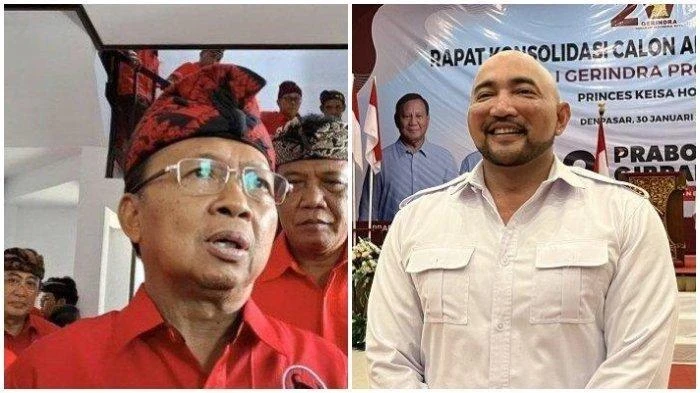
Less than a month remains until Bali’s most important election. On November 28, residents will choose a governor who will hold office for the next five years. Although the race and candidate campaigns have been ongoing for some time (you’ve probably seen banners of the candidates and their running mates), the upcoming weeks are expected to be the most active.
There are two candidates. The first is Wayan Koster, who has already led Bali and, if re-elected, would serve a second (and final) term. He would appoint the current regent of Badung, Nyoman Giri Prasta, as his deputy.
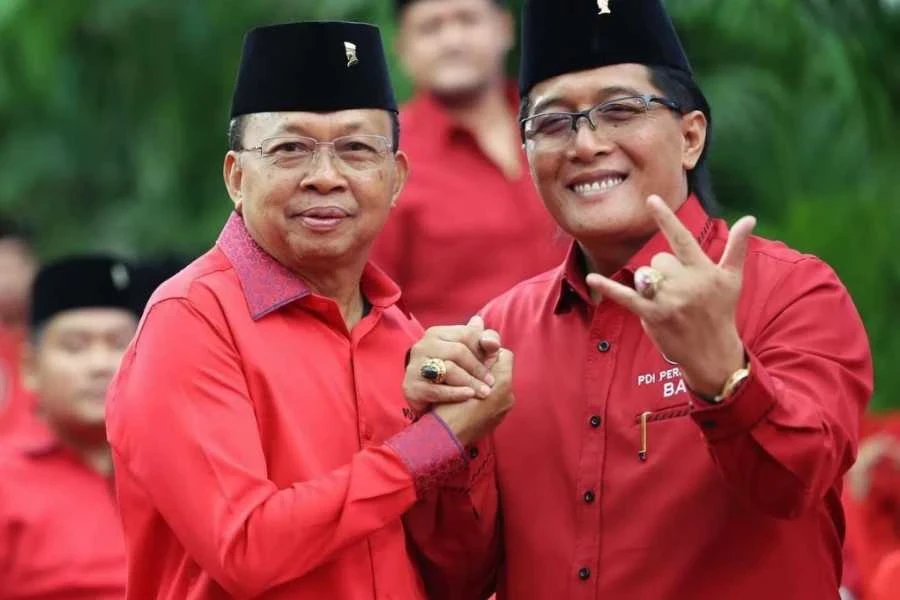
The second candidate is Muliavan Arya, known as De Gajah, running alongside deputy Putu Agus Suradnyana.
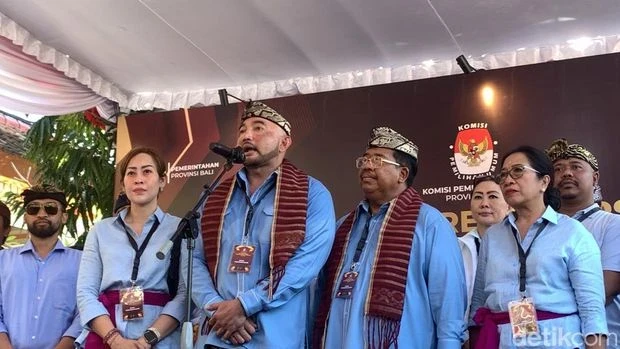
Wayan Koster has held several major campaign events, outlining his priorities if re-elected. The key areas he promises to focus on are clean water, traffic, and modernizing Denpasar. He highlighted the importance of continuing the Sidemen Dam project, which would provide clean water for residents and tourists in the island’s busiest areas, including Seminyak, Canggu, Uluwatu, Kuta, and Legian.
Koster stated, “Our primary goal for Bali, especially in Denpasar, is to tackle traffic, waste, water quality, and create a well-planned capital. We’ve presented a modern infrastructure and transport project, and with my deputy, we’re ready to implement the Denpasar city plan.” He added, “Regarding traffic in Denpasar and Badung, we will gradually develop road infrastructure, as well as modernize transportation with an underground metro, above-ground metro, and an integrated MRT system over the next five years.” While groundwork for the MRT has been laid, experts have clarified that the project is still in the planning stage.
Koster also highlighted Bali’s waste management as a major challenge, a focus during his previous term as governor. “The waste problem must be solved! We are determined and committed to addressing this issue.”
In the first debate, Koster stated that his party would address uncontrolled tourism on the island: “We will regulate arrivals to avoid social issues.”
Koster’s opponent, Arya, noted that there are over 5 million motor vehicles on Bali, with 4.3 million being motorcycles – more than the island’s population.
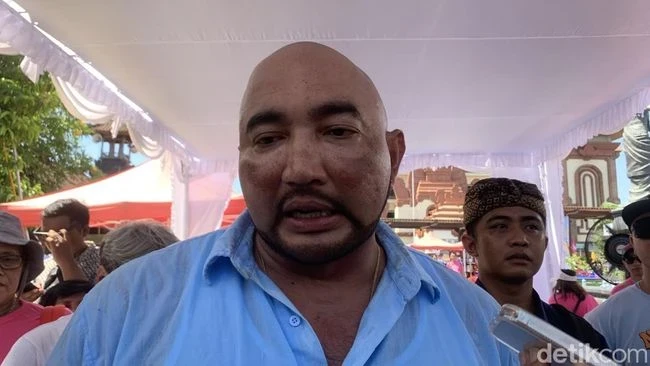
When asked if he would ban motorcycle purchases to encourage public transport use, Arya replied, “A ban is unnecessary and would be questionable under the Constitution.” However, he emphasized the need to make Bali more pedestrian-friendly and suggested improvements in public transport in popular tourist areas like Kuta, Canggu, and Ubud.
Arya also proposed building underground crossings in congested areas, creating more multi-level parking, and developing tourist spots in North Badung to help distribute the concentration of tourist infrastructure in South Badung.
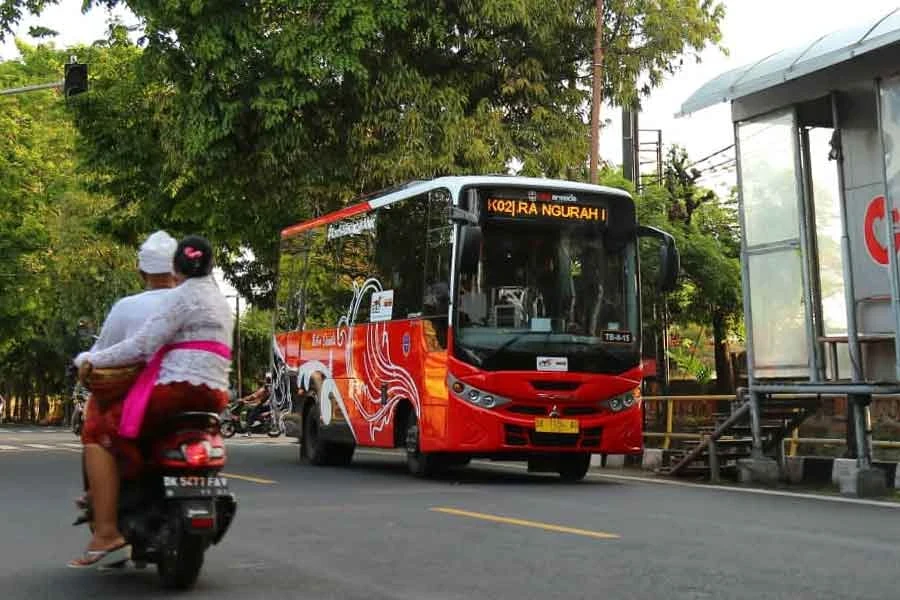
Another heated topic is mandatory insurance for tourists. A significant issue for Bali’s tourism sector is tourists arriving with insufficient or no insurance. Other popular island destinations, like Zanzibar in Tanzania, have already implemented mandatory insurance for all foreign visitors to manage the growing number of tourists who cannot pay for large medical bills. Arya noted that there are already guidelines for informing tourists, but agreed that more could be done.
Respecting culture and regulating tourism is also a key issue. The Bali Villa Association recently asked candidates to comment on cultural clashes, such as a beach club in Canggu setting off fireworks during a nearby religious ceremony. Koster responded by promising to issue a protection regulation stating that Bali’s beaches and coastlines belong to the community or the state and cannot be used by international investors or private businesses.
Koster also pledged to restore some of Bali’s most spiritually significant temples, including Pura Besakih, also known as the Mother Temple.
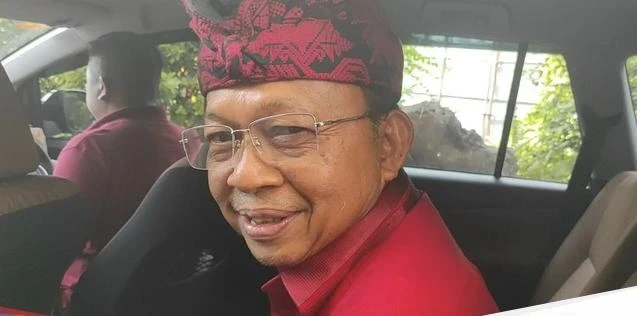
Koster promises to continue projects he began in his first term, particularly a cultural and tourism center in Klungkung. “This area will become a new icon of Balinese tourism, attracting both domestic and foreign tourists.”
Ahead of the vote, tourists can expect increased security at Bali’s airport and key transportation hubs like Sanur Port, Padangbai Harbor, and Gilimanuk Harbor. This is a standard protocol during political campaigns to ensure the safety of both local communities and tourists.
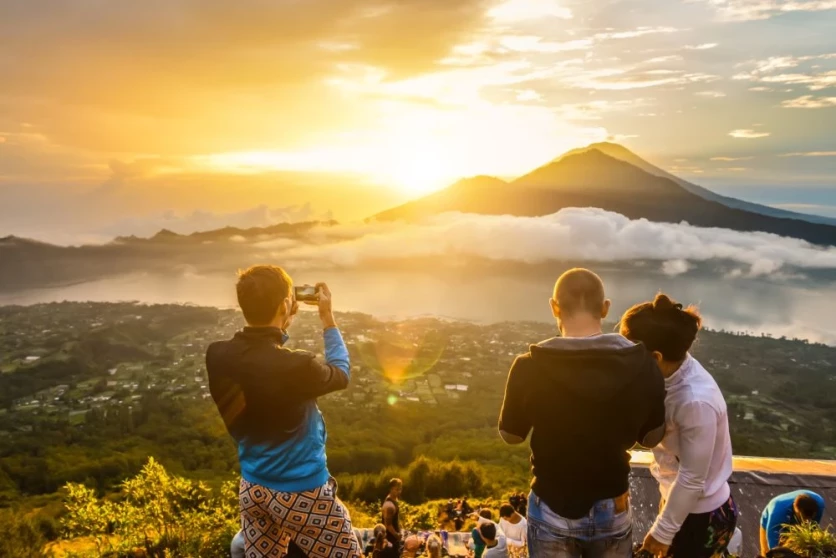
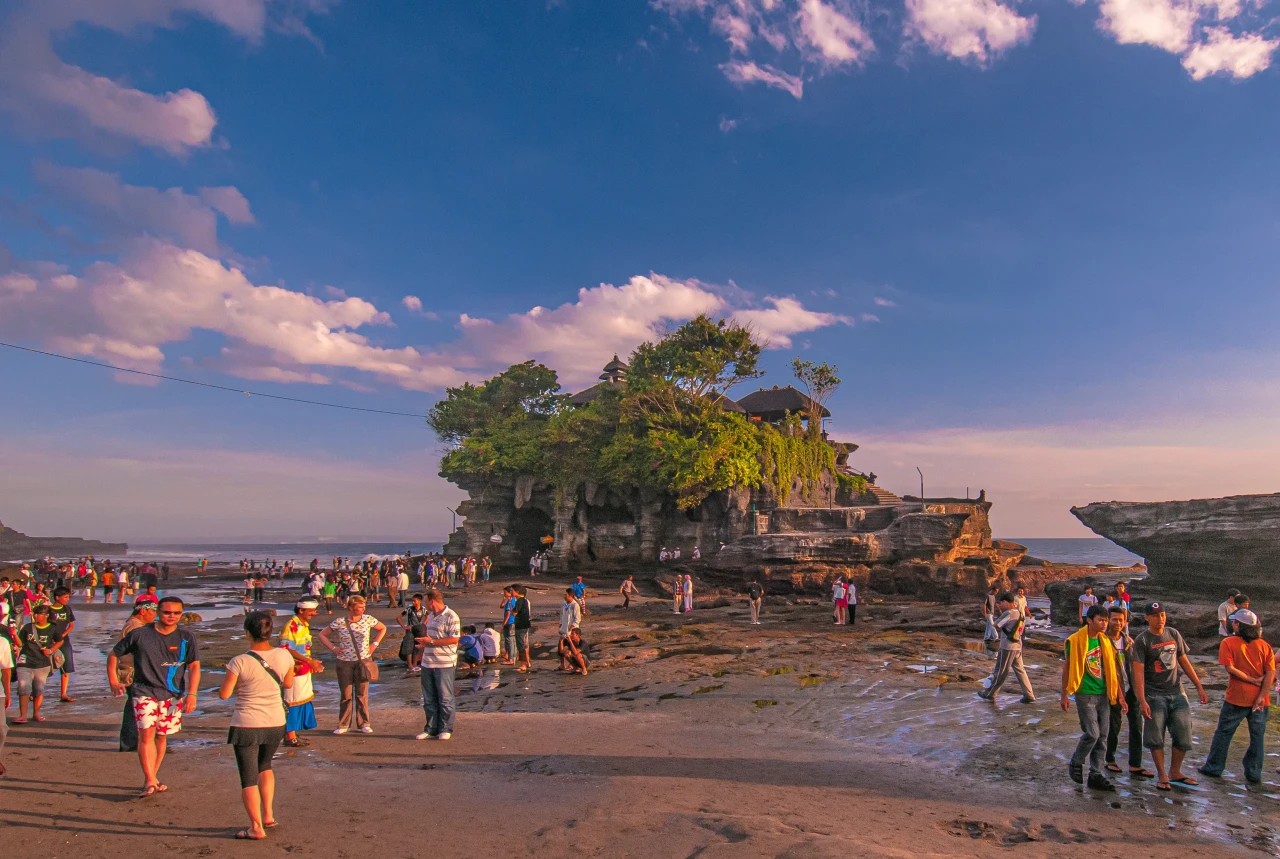
You can add one right now!